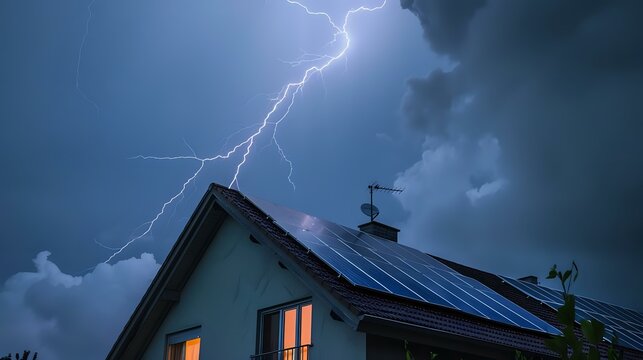In today’s digital age, projectors have become an integral part of our lives, whether it’s for presentations at the office or enjoying a movie night at home. However, to truly elevate your projection experience, choosing the right home projection screen is just as crucial as selecting the right projector. In this comprehensive buying guide, we’ll explore the various types of home projection screens available, delve into the projector screen price in India, and shed light on the growing popularity of wall projector screens.
Types of Projector Screens
Here are the different types of Projector Screens:
Fixed Frame Screens
Description and Benefits: Fixed frame screens are a popular choice for dedicated home theatres and boardrooms. They feature a stationary frame with the screen material stretched across it. This design ensures a perfectly flat and wrinkle-free surface for an optimal viewing experience.
Price Range in India: Fixed frame screens are available in different sizes and materials, offering a wide price range, from affordable choices to premium screens tailored to demanding spectators.
Pros and Cons: Advantages of fixed frame screens encompass exceptional image quality, straightforward installation, and robustness. Nevertheless, the fixed frame structure may not be ideal for individuals requiring a screen that can be hidden when not in operation.
Motorised Screens
Description and Benefits: Motorised screens offer a sleek and elegant solution for home theatres and conference rooms. With the press of a button or remote control, the screen unrolls or retracts from a housing unit, ensuring a clean and tidy appearance when not in use.
Price Range in India: Motorised screens are available in various sizes, aspect ratios, and screen materials, making them suitable for a wide range of budgets.
Pros and Cons: The motorised feature adds a touch of luxury and convenience. However, motorised screens tend to be pricier than their fixed counterparts and may require professional installation.
Portable Screens
Description and Benefits: Portable screens are a versatile choice for users who require mobility. They are easy to set up and take down, making them suitable for outdoor movie nights, business presentations on the go, or even in smaller spaces with limited installation options.
Price Range in India: Portable screens come in a wide price range, with basic options being affordable and high-end ones with added features being more expensive.
Pros and Cons: Portability is the primary advantage of these screens. However, they may not deliver the same level of image quality and stability as fixed or motorised screens.
Considerations for Choosing the Right Projection Screen
Room and Space Requirements
When selecting a projection screen, it’s crucial to consider your room’s size and layout. Measure your available wall space and determine whether you can install a ceiling-mounted screen. Ensure the chosen screen size fits comfortably within the room, allowing for proper viewing angles and seating arrangements.
Screen Material
The type of screen material can significantly impact the quality of your projected images. Common screen materials include matte white, grey, and ambient light-rejecting screens.
Matte White Screens: These are versatile and budget-friendly, providing excellent colour accuracy and a wide viewing angle.
Gray Screens: Gray screens enhance contrast and are ideal for environments with ambient light, but they may slightly compromise colour accuracy.
Ambient Light-Rejecting Screens: Ambient light-rejecting screens combat light, enhance image quality in suboptimal lighting, but are often more expensive.
Aspect Ratio
Aspect ratio pertains to the screen’s width-to-height relationship. Popular choices encompass 16:9 (widescreen), 4:3 (standard), and 2.35:1 (ultrawide). Ensure that the selected aspect ratio matches your projector’s inherent aspect ratio to optimise your viewing experience.
Screen gain
Screen gain measures a screen’s reflective properties. High-gain screens bounce more light towards the audience, resulting in a brighter image.
Installation and Maintenance
Consider whether you’re comfortable with DIY installation or if you’d prefer professional installation, especially for motorised screens.
Additionally, learn about screen maintenance to ensure your investment remains in top condition.
Wall Projector Screens
In recent years, wall projector screens have gained popularity for several reasons:
Advantages of Wall Projector Screens
Space-saving: Wall screens don’t require floor space or additional housing units, making them suitable for smaller rooms.
Sleek design: They offer a minimalist and modern look that complements any room’s decor
Easy installation: Wall screens are typically straightforward to install and can be done without professional help in many cases.
Conclusion
Selecting the right projection screen is a critical step in creating an immersive and enjoyable projection experience. Consider your room’s requirements, screen material, aspect ratio, gain, and brightness, as well as your budget. Wall projector screens offer a space-saving and modern alternative worth exploring. By conducting thorough research and understanding your specific needs, you can make an informed decision and enjoy the full potential of your projector.










